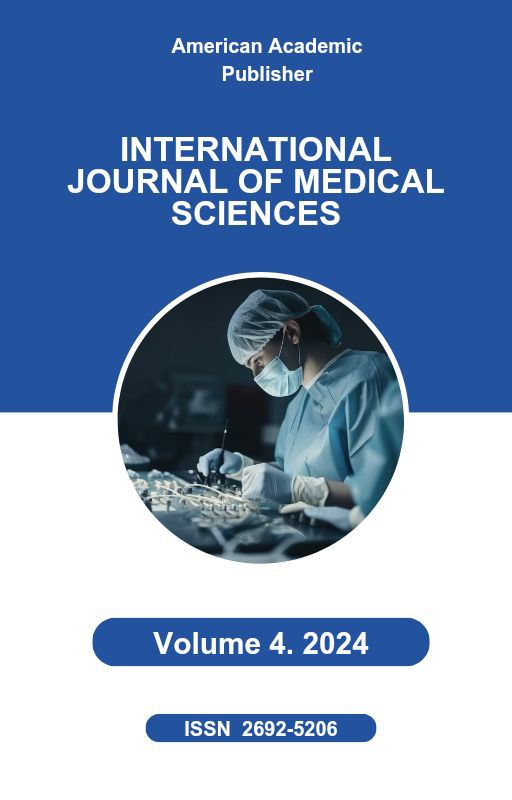 Articles
| Open Access |
https://doi.org/10.55640/
Articles
| Open Access |
https://doi.org/10.55640/
TECHNOLOGY OF DRY EXTRACT FROM ROSEMARY
Khoshimjonova Sevinch Shavkatjon qizi, Foziljonova Malika Shukhratjanovna , Pharmaceutical Education and Research Institute, Tashkent, Republic of UzbekistanAbstract
This article discusses the technology of obtaining dry extract from the leaves of rosemary (Rosmarinus officinalis L.), one of the medicinal plants. The pharmacological significance of biologically active compounds contained in rosemary, including essential oils, phenolic acids, flavonoids and diterpenoids, is analyzed. The process of producing dry extract includes the stages of extraction, filtration, concentration and drying. Scientifically based recommendations are given on the selection of the optimal solvent in the production technology, determination of extraction parameters and ensuring the preservation of biologically active substances.
Keywords
rosemary, extraction, dry extract, phenolic compounds, essential oils, pharmaceutical technology, bioactive substance.
References
Benedek, B., Kopp, B. (2007). Achillea millefolium L. s.l. – Pharmacological properties and bioactive compounds. Phytomedicine, 14(7-8), 441–452.
Nieto, G., Ros, G., Castillo, J. (2018). Antioxidant and antimicrobial properties of rosemary (Rosmarinus officinalis L.): A review. Medicines, 5(3), 98.
Yesiloglu, Y., Capanoglu, E., Boyacioglu, D. (2017). Optimization of supercritical CO₂ extraction of rosemary (Rosmarinus officinalis L.) using response surface methodology. Journal of Food Science and Technology, 54(10), 3239–3248.
O‘zbekiston Respublikasi Davlat farmakopeyasi. (2020). III nashr, Toshkent: O‘zbekiston Sog‘liqni saqlash vazirligi nashriyoti.
Shen, Q., Li, X., Zhang, W., Gao, X. (2010). Antioxidant activity of rosemary extracts linked to their polyphenol content. Food Chemistry, 123(3), 716–722.
Article Statistics
Downloads
Copyright License

This work is licensed under a Creative Commons Attribution 4.0 International License.

